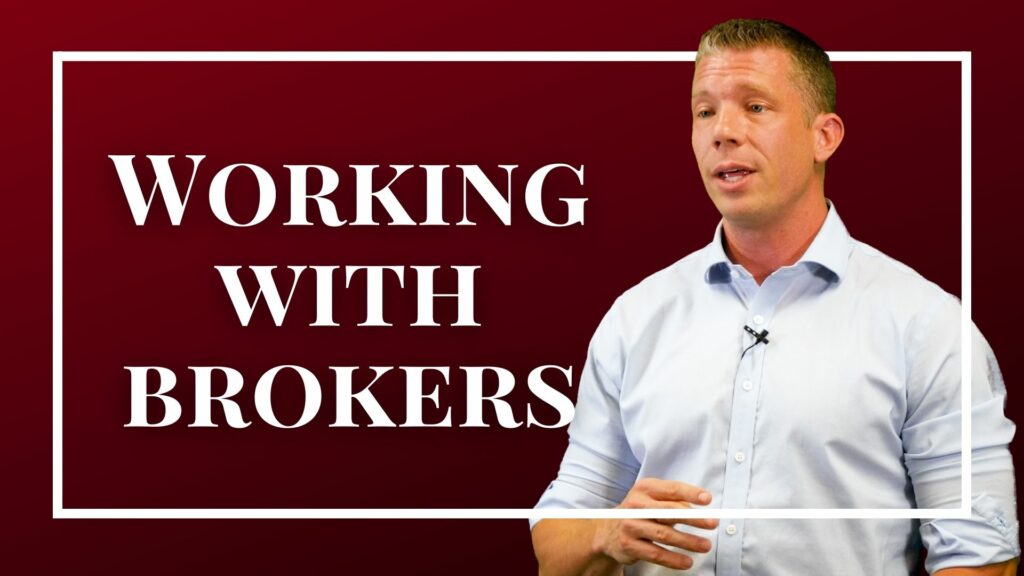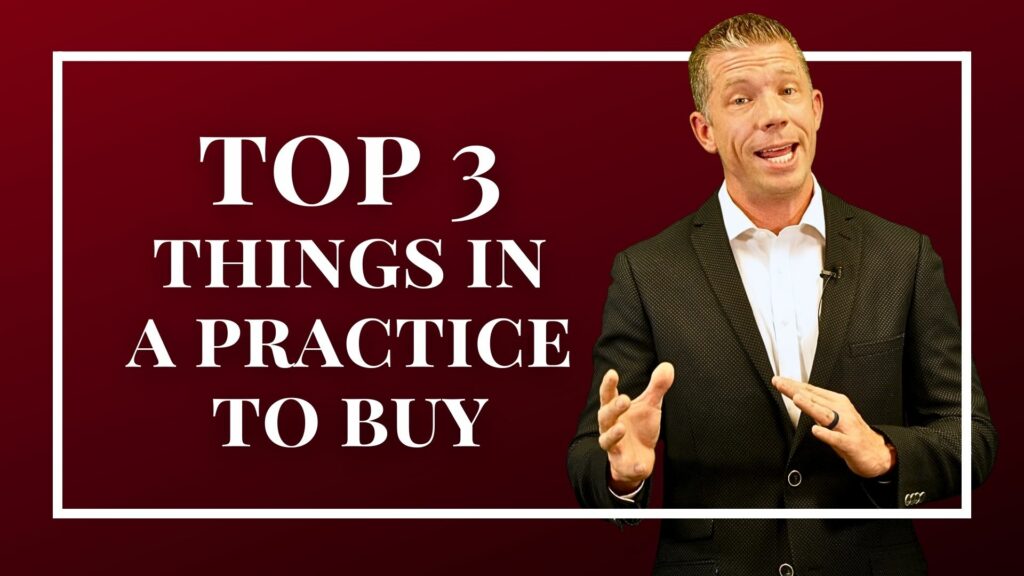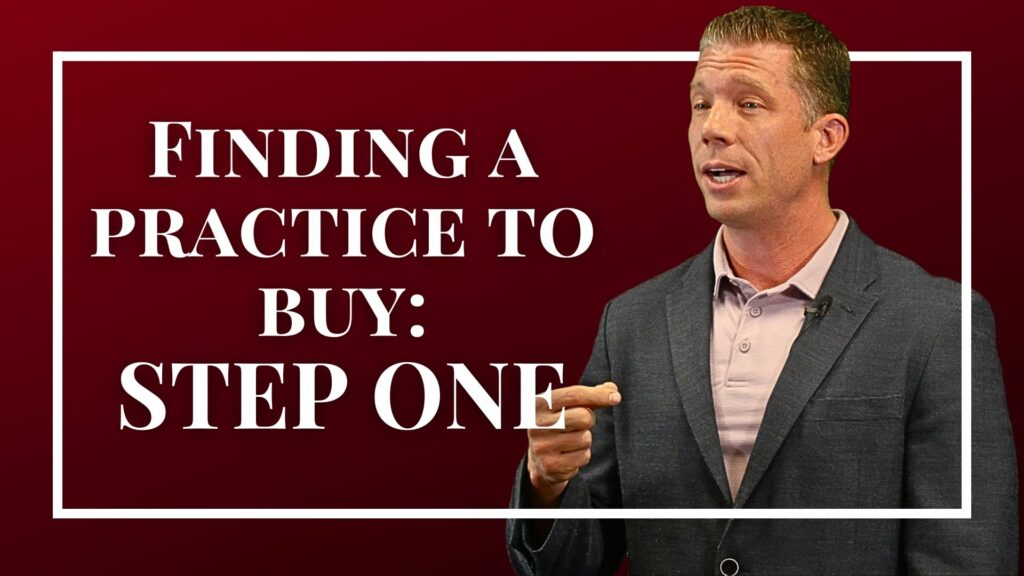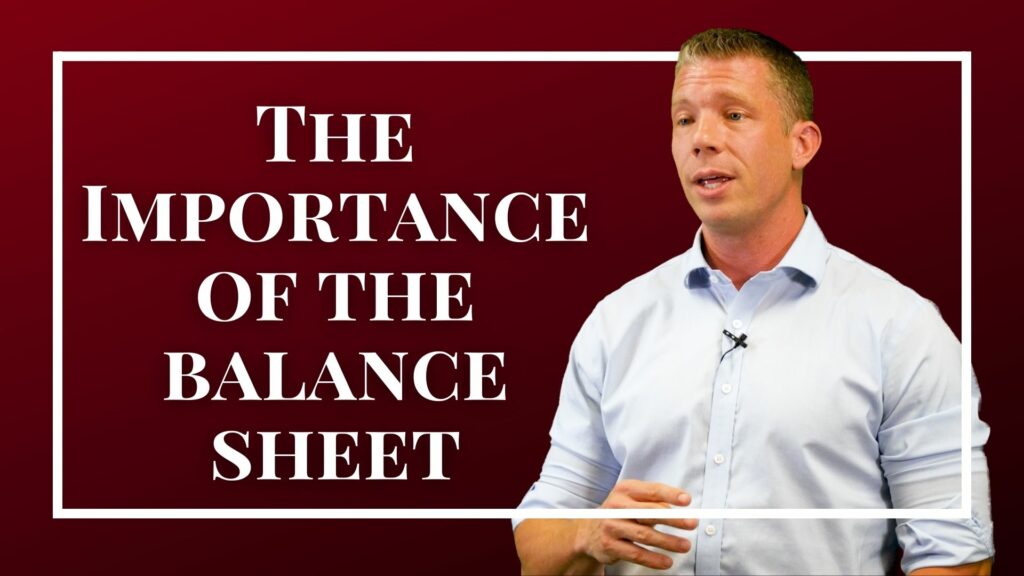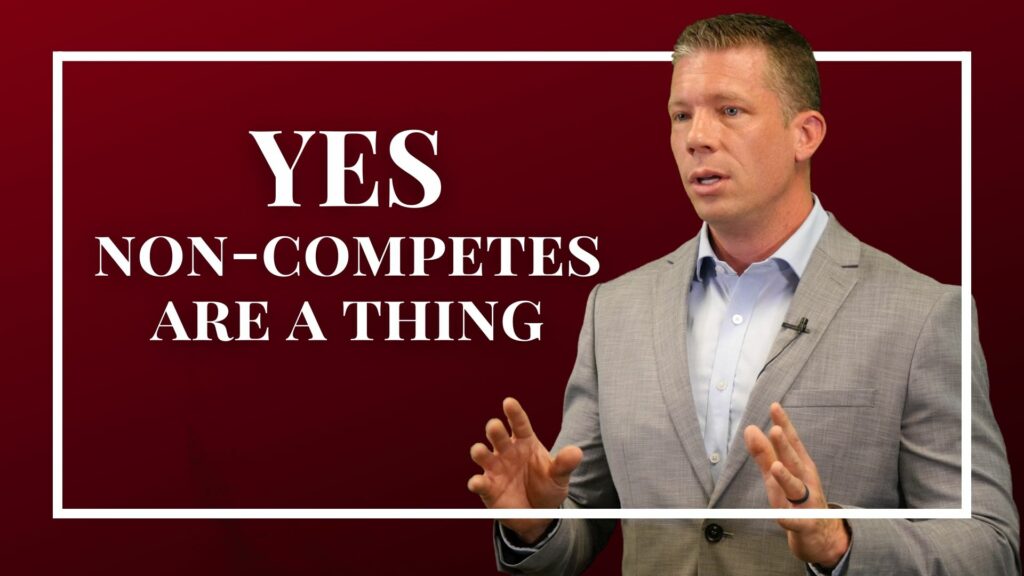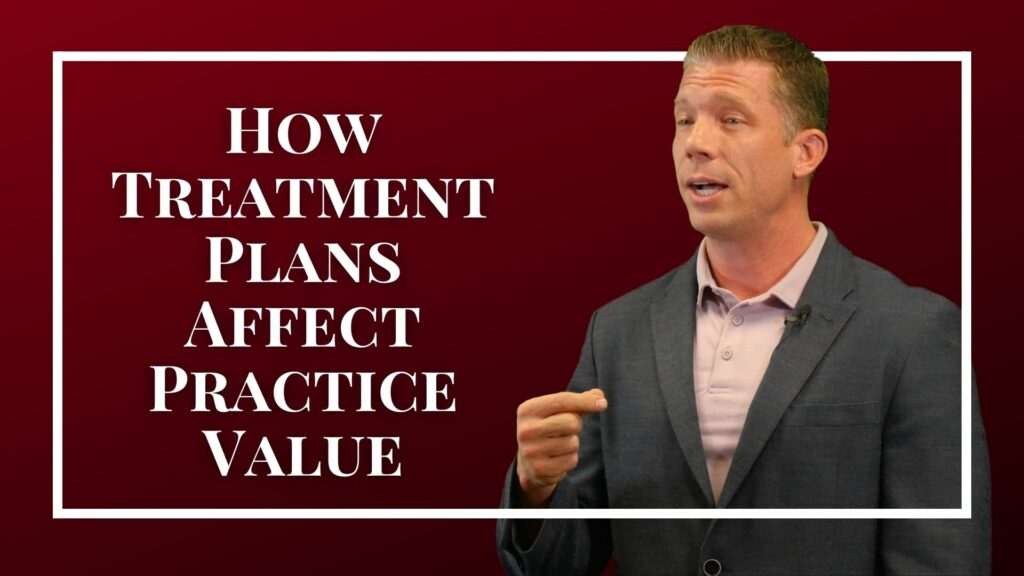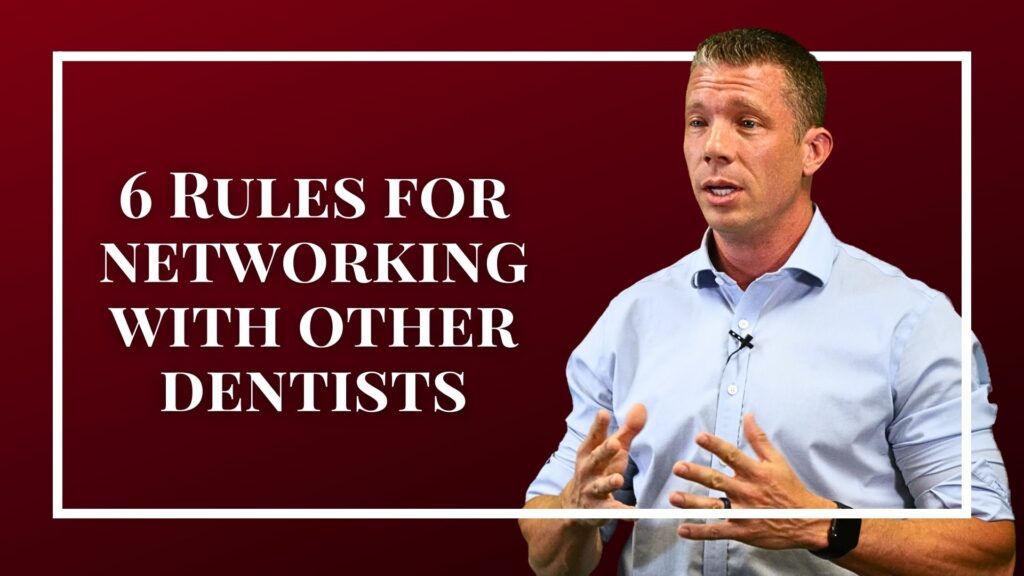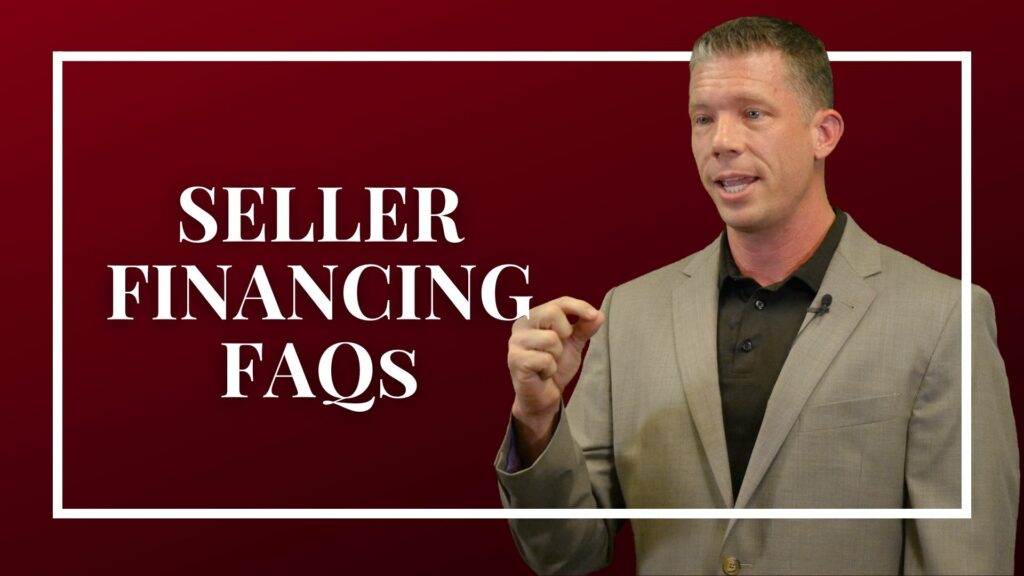“Negotiating” is just one of those words. Like “networking,” I know that when I mention negotiating, I’m going to get looks that usually range from reluctant to terrified. “Negotiation” calls to mind confrontation, argument, and discomfort for most of us.
The reality is usually very different.
DSOs seem to be on the rise these days. These investor-owned, multi-practice corporations have deep pockets and lots of bargaining chips when it comes to buying up private practices.
So what do you, the small, private buyer, have to offer a seller? Why would they choose you? Let’s take on a few truths and misconceptions about DSO offers, and why you’re still extremely competitive as a private buyer.
If you’re looking for a dental practice to buy, follow my 80/20 rule. It’s pretty simple: When you’re looking for a practice, you should spend 80% of your time networking with other dentists, especially grey-haired ones. That’s where most of my clients find their eventual practices, and it’s usually how you’ll find the best ones (the ones that never even hit the other market.
The other 20% should be spent with brokers, also an excellent resource. You can do that passively, just by checking their websites, or proactively, by connecting with them personally. Connecting with brokers is both easier and trickier than working with other dentists.
Finding a dental practice to buy can be a marathon, and I’ve known many dentists who’ve been frustrated by the effort. But what’s the best way to run a marathon? One step at a time. Let’s talk today about just that first step.
Finding a dental practice to buy can be a marathon, and I’ve known many dentists who’ve been frustrated by the effort. But what’s the best way to run a marathon? One step at a time. Let’s talk today about just that first step.
Balance sheet due diligence is not typically a major part of due diligence in a dental practice purchase. But that doesn’t mean it’s not important.
Understanding the balance sheet of the practice you’re buying is a necessary step, though it’s one that rarely turns up any worrying issues.
Luckily, you don’t have to do it.
Eighty percent, that’s the goal.
When you’re buying a dental practice, Your treatment philosophy and that of the seller should match up well—even if it’s not 100%.
Why is that? There are two reasons: one is qualitative, all about what kind of dentist you want to be; the other is mercenary, all about collections.
Eighty percent, that’s the goal.
When you’re buying a dental practice, Your treatment philosophy and that of the seller should match up well—even if it’s not 100%.
Why is that? There are two reasons: one is qualitative, all about what kind of dentist you want to be; the other is mercenary, all about collections.
The question is: “What do I actually say when I’m trying to network?” And like your favorite teacher back in school, I’m going to give you the answer before the test.
Banks aren’t the only ones who can loan you money! If you’re buying a dental practice, it’s possible that the selling dentist could be involved in the loan process as well, as a lender. While it’s less common than a standard bank loan, it could become relevant in your purchase process. If it is, here’s what you need to know.



